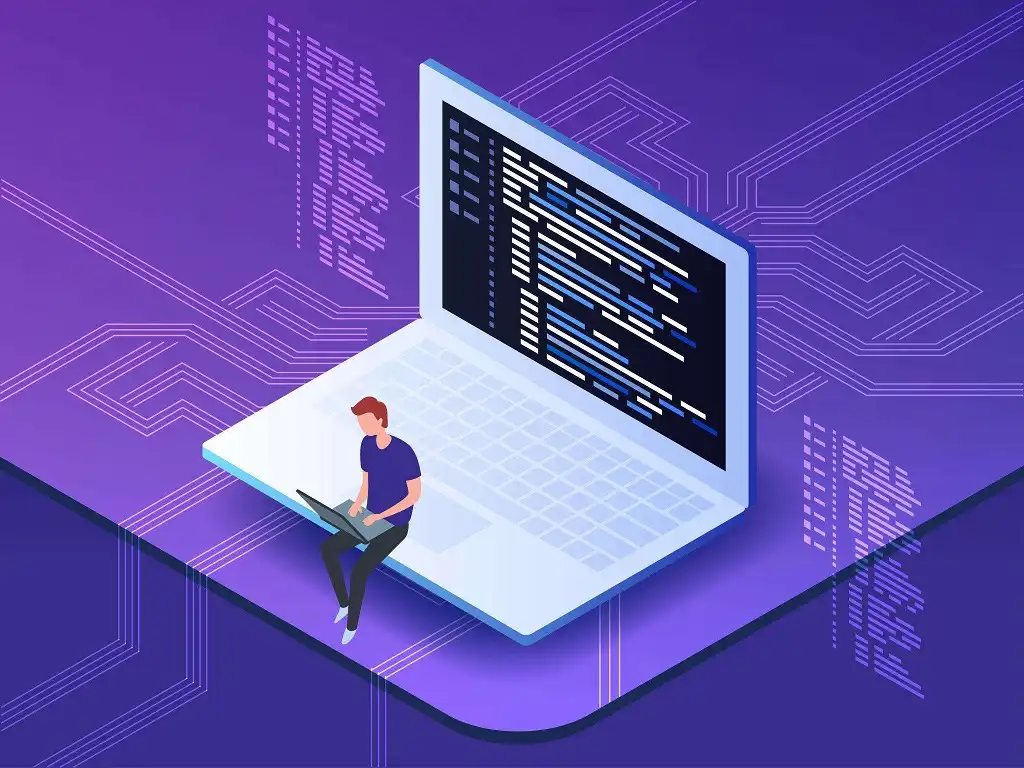
Would you like to start your career as a programmer? And you’re worried that it will be too difficult to break into the field? Well, A career as a programmer can be an exciting and rewarding journey. Programming is the process of writing code to create software applications and websites, as well as helping maintain existing systems. With the growing demand for skilled programmers in today’s digital world, many are considering taking up programming as a career path.
The good news is that you can finish a programming course relatively quickly and be ready for the job market. But, if you want to land good jobs and advance in the programming industry, you will need many skills and traits. You’ll also need to learn how to deal with some of the challenges that programmers face when trying to advance in their careers.
We analyzed the data in the field and talked to programming professionals to assess the difficulty level in getting started in the industry. Here’s everything you need to know.
Table of Contents
Do you need a university education to become a programmer?
You don’t necessarily need a university degree to be hired as a programmer. A college degree is less time-consuming and expensive and prepares you for junior-level jobs in the field.
Some companies have strict rules and only hire programmers with college degrees in computer science. Their hiring processes are usually handled by recruiters or human resource managers whose sole purpose is to find candidates who meet their lists of criteria.
Other organizations have a more flexible approach, particularly small businesses, and start-ups. Successful completion of a programming course is often enough to get a job.
Surveys report that one in four programmers do not have a college degree. Instead, they often have taken college-level web development and programming courses and strengthened their skills through self-study.
In short, hard work and perseverance can lead to success.
What does it take to get ahead in programming?
Whether you earn a university bachelor’s degree or a programming degree, you will always need to develop new skills to keep up with the field and grow your career at the same time. Successful people in this field are motivated and disciplined. They constantly push themselves to learn and improve.
And while you’re studying you have to work on various projects and do a lot of assignments to train yourself and become a professional. Dealing with complex tasks can sometimes be too tedious, but with https://wowassignment.com/computer-science-homework-help/ you’ll never be exhausted or left all alone with your programming homework or any kind of coding issues.
What challenges do programmers frequently face in advancing their careers?
What might be holding you back from advancing in the programming field? Here are some common obstacles:
– Limiting the pool of employers
Some programmers are fixated on tech giants like Facebook, Amazon, Apple, Netflix, and Google.
But there are more prominent and broader opportunities elsewhere. Opportunities for programmers can be found with large and small companies in all sectors, such as education, healthcare, banking, and even sales.
– Exaggerating the focus on one type of technology
This further emphasizes the need for continued training and learning. If you spend less time on one specialty with one employer, you may limit your growth and your career advancement opportunities.
– Neglecting soft skills
More than programming skills are required. It’s also essential to have good teamwork, communication, and analytical reasoning skills. With this you can get more success in your field and learn new technologies.
Conclusion
It takes a particular approach to succeed in this field. Backbreaking work and continuing education through independent learning are essential when building a successful career as a programmer.
To become a programmer, a combination of formal education and hands-on experience is recommended. Knowledge of a programming language such as C++, Python or Java will be necessary to write code efficiently, while an understanding of computer science fundamentals is also required. Other skills that come in handy include problem solving, debugging techniques and software testing. Many employers may also require certification in specific languages or frameworks.
The right combination of hard work and technical knowledge can lead to a successful career as a programmer — the sky really is the limit! With the rapid pace at which technology continues to evolve, the future for those entering this exciting field looks bright indeed.
So what do think? Is programming a good career?
Please let us know your thoughts in the comment section below and don’t forget to share your valuable feedback regarding the career as a programmer on social media platforms.





More Stories
Creating a Winning Oil Trading Mindset
How To Get Started With Anime Collectibles
Jingle All the Way: Boosting Holiday Sales with Effective SMS API Strategies